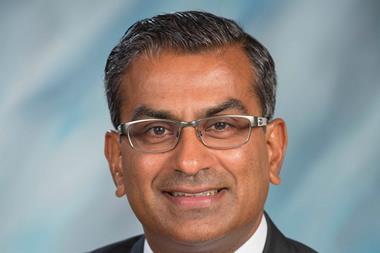Lufthansa Cargo is offering all of its customers the option of CO2 neutral transportation on segments utilising freighter flights.
The airline will achieve the CO2 neutrality through the use of Sustainable Aviation Fuel (SAF) and certified offsetting projects to avoid or compensate for the emissions generated during airfreight transport from the outset.
The chargeable add-on service "Sustainable Choice" is available on all routes with a freighter segment, for all product groups and all customers worldwide.
Dorothea von Boxberg, chief executive of Lufthansa Cargo, said: "For the transport of airfreight, we are striving for 100% CO2 neutrality. However, we will only achieve this ambitious goal together with our customers.
"Therefore, we are very pleased to now be able to offer everyone a way to contribute to reducing their own carbon footprint. Already in recent months, we have observed an increasing demand for SAF. These requests confirm to us that the use of sustainable aviation fuels is an essential component for climate neutrality in airfreight."
Lufthansa Cargo currently offers two options for transporting shipments more sustainably, it said
"When using SAF, a certain amount of sustainable bio-fuel is mixed with conventional kerosene, thus avoiding fossil CO2 emissions that normally occur when conventional kerosene is burned.
"In addition, further CO2 emissions that arise, for example, during the production and transport of SAF, are offset through compensation with environmentally friendly climate protection projects. The complete CO2 neutrality of a freight shipment can be achieved either by combining both options or by 100 percent compensation in climate protection projects."
In April, DB Schenker and Lufthansa Cargo teamed up to launch a regular CO2-neutral freighter route, operating between Frankfurt and Shanghai.
In November last year, Lufthansa Cargo and DB Schenker partnered for the first time to carry out the first ever CO2-neutral freighter flights powered by SAF.
The flights took place on November 29 and operated from Frankfurt to Shanghai utilising a Boeing 777 freighter aircraft.
A maximum mix of 50% SAF is allowed to be used on a flight, but airlines often get around this limitation by covering the flights from a centralised pool of SAF from their overall jet fuel procurement.















